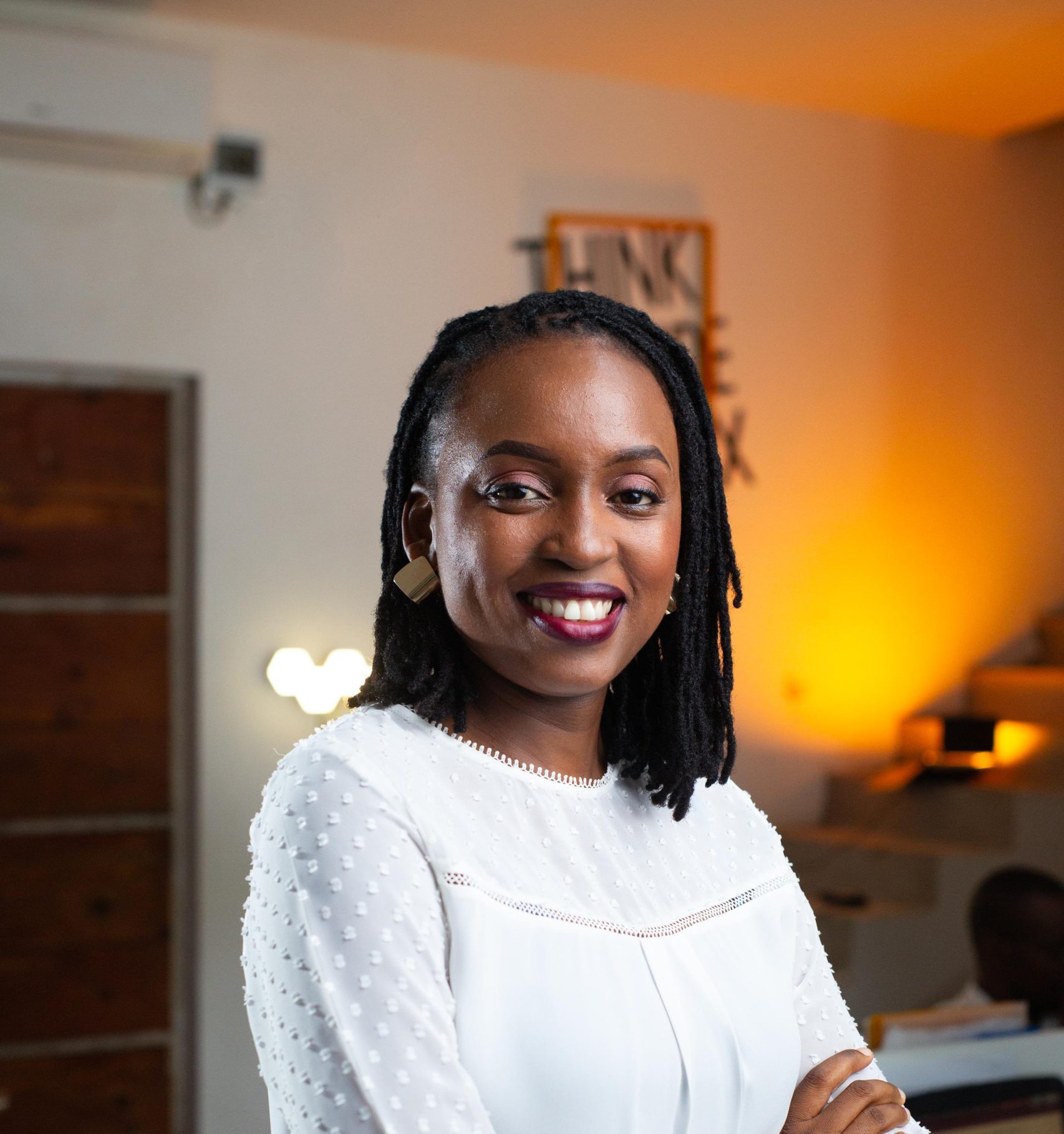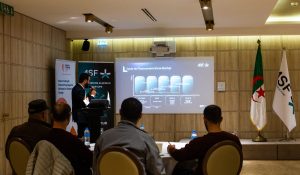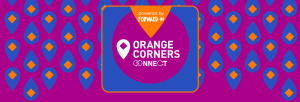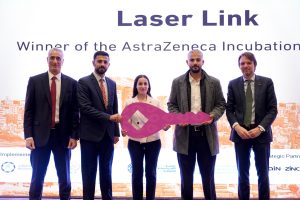In a country where only around 40% of the population has access to electricity, saving energy isn’t just smart – it’s essential. Nilza Mazive, Orange Corners Mozambique graduate and co-founder of Xiphefu, is on a mission to make smart homes the new normal in Mozambique. From building smart devices that let you boss your lamps around to bringing solar power to rural clinics where babies are now born under real lights, Nilza and her team are bringing smart energy solutions to homes and businesses — helping Mozambicans waste less. Because every bit of energy saved can be redirected to power something greater — a school, a health facility or a household still waiting to be connected.
Lovely to meet you, Nilza! Could you introduce yourself and your business, Xiphefu?
My name is Nilza Mazive and I’m the co-founder of Xiphefu. My co-founder Jessen is responsible for innovation and technology, I work on operations, administration, finance and markets. We started Xiphefu in 2018, and have been working fulltime on our business since 2021. The team currently consists of 7 people.
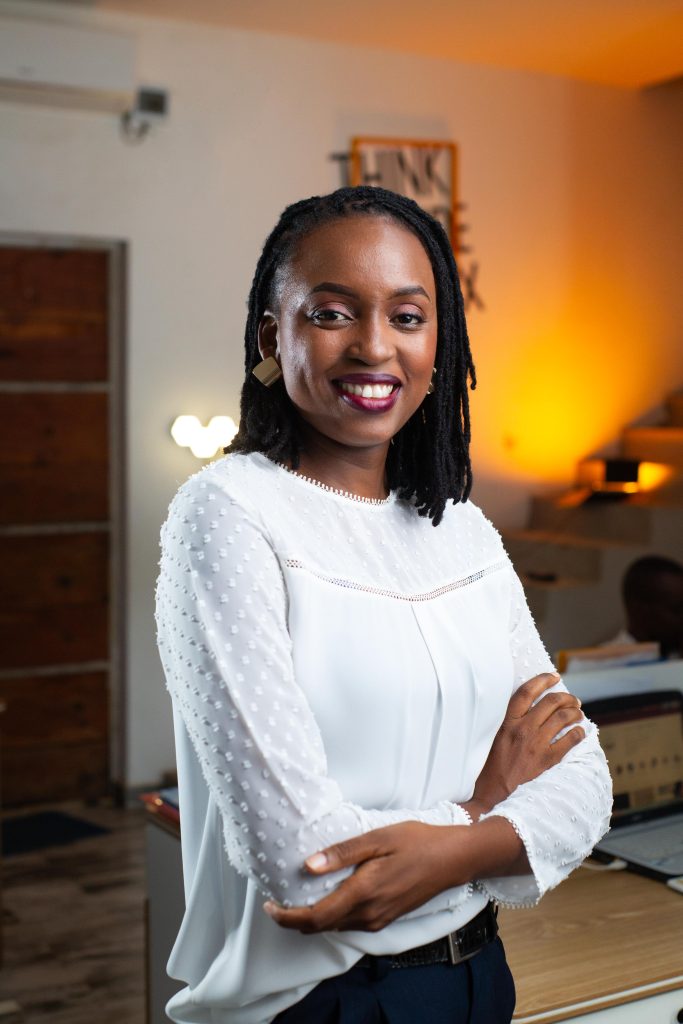
Xiphefu develops smart devices that help people reduce their electricity consumption. Using an app on your phone or your voice, you can control all connected electronics in your house. Switch them on, switch them off, or schedule a time you’d like your lights to be turned on for example. It’s like having a smart house or a smart office in your hand really.
Our market is not an easy one to enter, as the product is very new to Mozambique. It takes times for people to understand how it works. So since 2022, we’ve also been offering solar products and solar home systems. We connect air conditioners, water heaters, everything. And we’re also producing solar products, such as solar lights. Good quality products, with a longer lifespan than what’s commonly available on the market. Our goal is to create smart homes, where clients pay as little as possible for energy, making use of renewable energy sources like solar power.
Our goal is to create smart homes, where clients pay as little as possible for energy, making use of renewable energy sources like solar power.
As a small Mozambican startup, how do you compete with companies like Apple or Amazon, with their seemingly unlimited manpower and financial capabilities?
That’s a very good question! When I got into Orange Corners, people used to ask me ‘who are your competitors?’, and it was a bit frustrating because I didn’t have an answer. There simply were no competitors around. Having competition is good, it helps you grow. Imagine the chocolate market, there are many different chocolate brands around. It’s good to have other businesses to compare your efforts to, maybe help you improve your own solutions. And actually, Amazon isn’t a direct competitor, quite the contrary! If you want to use Alexa, you need to get a smart device like Xiphefu’s to make it work. To voice control your lamps and say “Hey Alexa, turn on the lights in my living room!”, you need to plug a smart device in your lamp and connect it to Alexa.
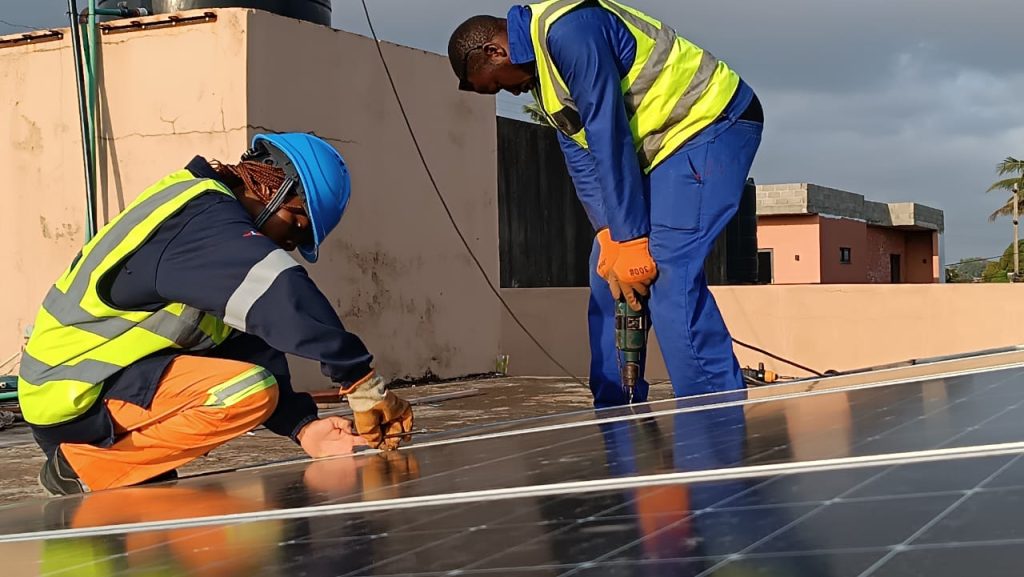
Why does saving energy matter in Mozambique specifically?
Mozambique needs alternative energy sources, as currently only around 40% of the population has access to electricity. There’s only one large energy company in the country, EDM. This is a government-controlled business, and even with the best intentions they have it takes time for them to reach all corners of the country. That’s where companies like Xiphefu come in, we can help the country save energy or provide solar energy to people who don’t have electricity yet. This is super important, because energy that’s saved can be used elsewhere. And energy equals development and opportunity. It helps you preserve food to sell another day, for example. You can also use it to connect to the Internet, to learn about other people, to open your mind.
When we first started out, we wanted to design a product that everyone can buy, but realistically speaking at this point the Xiphefu devices are mostly bought by people from higher social classes in urban areas. So we try to convince the people and companies that can pay to work with us on social impact projects as well. For example, last year we did a project with EDM, where we put solar lights in ten health facilities in rural areas. Imagine before babies were born there in the light of a lantern, the light of a phone. Babies would die because there wasn’t enough light to see what was going on. That’s all changed now. Currently we’re also negotiating a new project similar to this, but this time with an international partner. We hope that this will be another social project in our hands that more Mozambicans can benefit from. I hope to be able to share more about this really soon!
Energy equals development and opportunity. Xiphefu helps Mozambique save energy and provides solar energy to people who don’t have electricity yet.
You started with smart devices, branched out into smart solar systems.. when you think of the future, where do you see Xiphefu going?
Our vision and our target is to reach as many people as possible with our smart devices. The solar products and systems are complimentary to that and a large part of our turnover comes from this product line, but our main focus is still on the smart devices. I believe this is where as a business we can really make a difference, save a lot of energy. Smart devices should be normalised. If you and I stop wasting energy, if entire communities stop wasting energy, if we put all of our combined efforts together.. we can save so much energy that we can use to create something good for others.
At some point, we’d also like to go international. So far we’ve only had one international client, but our devices can potentially be used in homes in South Africa, Australia, the Netherlands too. South Africa would be an obvious choice as a new market, as a neighbouring country that’s slightly more developed. But first we want to focus on consolidating our home market, before we try opening another market. Improve our solutions, our marketing approach as well as our services.
One of our main challenges for example is stock management. We produce our solar lights in China, and it takes a while for them to reach Mozambique. So sometimes we experience small gaps in stock. There have been times where we had no money to order new stock either. We’re testing new approaches and initial results seem positive.
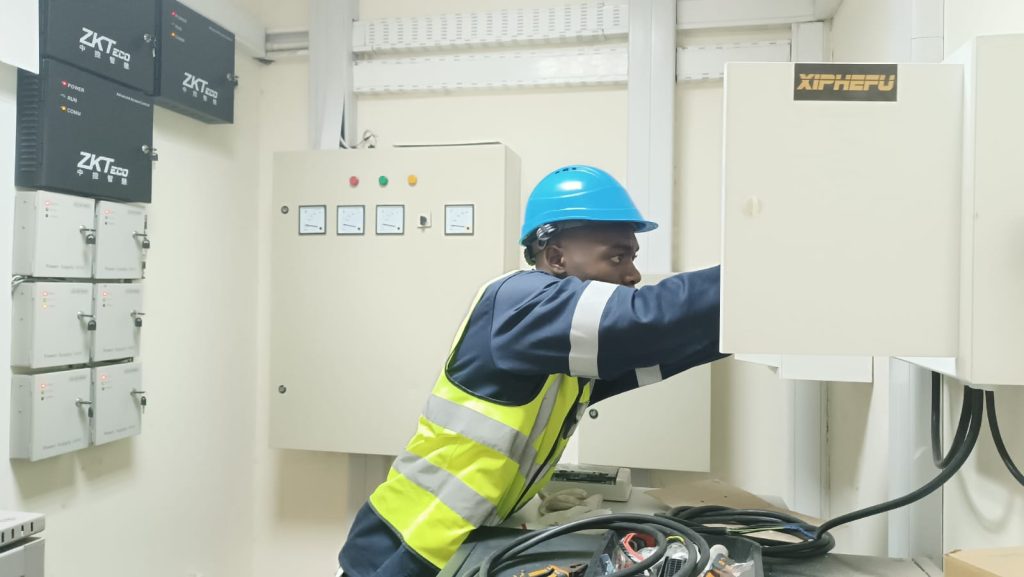
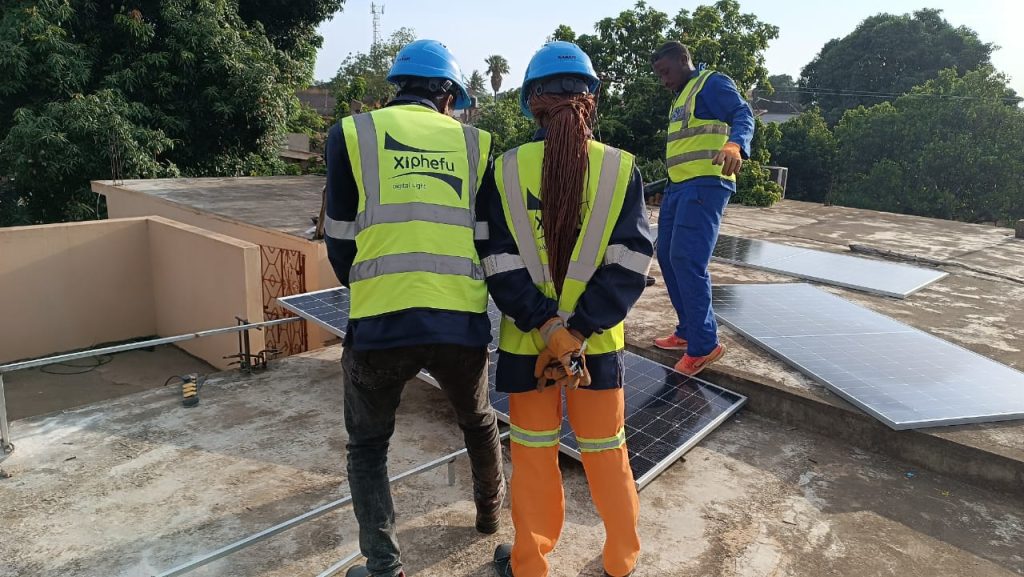
What do you need at this point to grow Xiphefu?
Being an entrepreneur is very complex, and Orange Corners helps small entrepreneurs like ourselves.. we’re like a baby growing from your hands. You gave us so many opportunities, which I’m truly grateful for. If we hadn’t joined Orange Corners, we probably wouldn’t have achieved what we have achieved today.
To grow even further, in this phase I think mentorship is super important. Someone that can help us progress, help us see what we are doing wrong, improve our strategies. I believe a mentor who knows the Mozambican context is one of the keys for future success.
To other ladies in Mozambique and other African countries I’d like to say that it’s possible to make your dreams come true.
What would be your advice to other young women who are considering taking up entrepreneurship?
To other ladies in Mozambique and other African countries I’d like to say that it’s possible to make your dreams come true. We need to believe in ourselves. Don’t validate yourself with the opinion of others: we can also anything we want. And we shouldn’t compete with each other or with men. We don’t need to fight with men, we only need to work together. We are all people with knowledge that we can share. We can teach other people, regardless of their gender.
Follow Nilza online:
Website
LinkedIn
Facebook
Instagram

